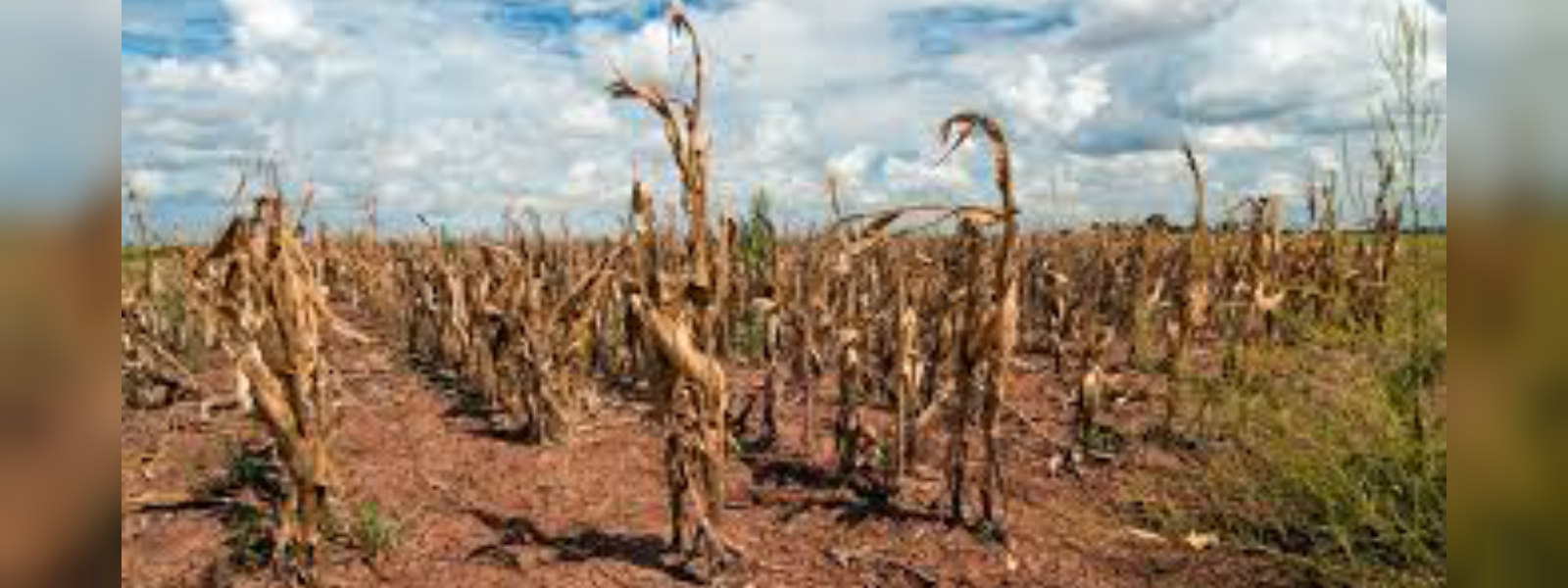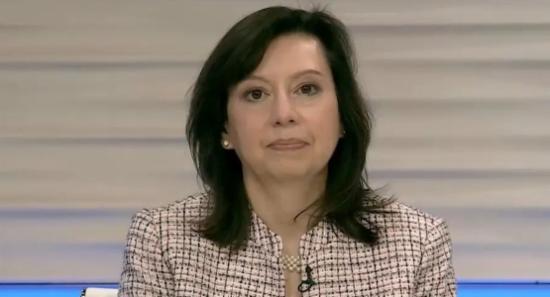.webp)

Climate change affects agriculture in mid-west region of US
Reuters - For the Midwest regions in the United States, which are key agricultural areas, an increase in crop failures is predicted because of extreme heat, drought and flooding caused by global climate change, according to scientific report issued by 13 federal agencies that laid out the devastating effects climate change will have on the economy, health and the environment.
Jim Angel, the Illinois state climatologist and one of the report's authors, analyzed the impact of climate change on agriculture.
"The key findings at least for the Midwest are the big impacts that we are seeing on agriculture already, and that we are going to see even more in the future. And those are big economic impacts. Obviously, any time you are messing with the food supply, not only in the U.S. but the world, that can have major impacts around the region," said Jim Angel.
For Midwest farmers, the higher temperatures would likely add further stress to soil erosion, plant diseases and an increase in pests.
Lin Warfel, who owns a farm in central Illinois, says there has already been signs over the last few years that climate change is beginning to have an impact. He has been farming for 56 years and although he remains sceptical over the cause of climate change he has noticed the effects.
"When it rains, it pours. This land is really flat, too flat. So when we get a three or four-inch rain, we have flooding. And none of our crops like to be under water. They can stand a little bit but not for very long and then the yield drops or they even die," said Warfel.
The report says improvements in technology and science have so far largely insulated farming from the effects of climate change, but this solution is not sustainable in the long run.
"At some point, I think it is going to break down, and then I am very concerned. Because if you look at the food supplies of the U.S. and the world, we don't carry over that much from one year to the next. So when we get in a drought year, the next year the supplies are fairly tight. So if we have multiple bad years, that's when it's gonna really be a large impact, not only in the U.S. but on the world market," said Jim Angel.
There is still hope as Angel says making efforts to reduce greenhouse gases can still reduce the severity of the impact. The question though is whether those efforts will be made.
Other Articles
Featured News





.png )



-796915_550x300.jpg)
-796909_550x300.jpg)

























.gif)